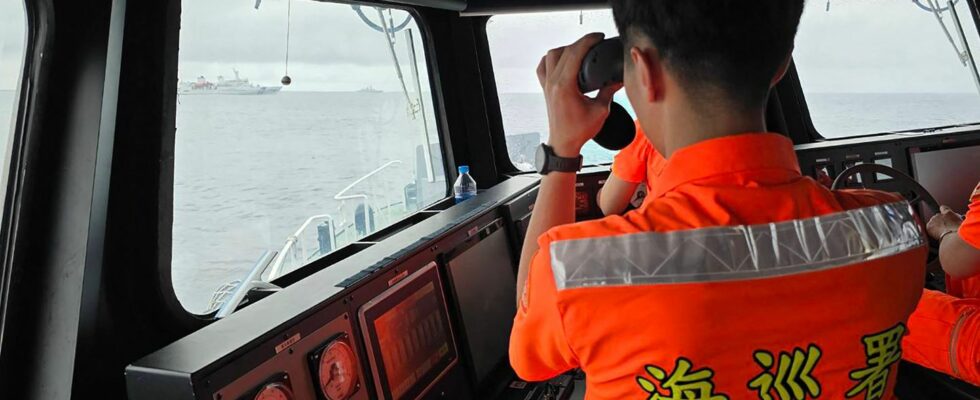Pressure shot big clog version. This Thursday, China began military maneuvers around the island of Taiwan, with no fewer than 49 army planes. In case the message was still too subtle, Beijing officially announced that it was indeed a “serious warning” addressed to the “separatists” of the island, destined “to end in blood”. Towards a new war? 20 minutes looked into the matter for you.
Why this umpteenth quarrel?
Last Sunday, the new president of Taiwan, Lai Ching-te, was elected. Coming from the same movement – the Progressive Democratic Party (DPP), as his predecessor Tsai Ing-wen, whose eight years in office marked a deterioration of relations with China, Lai Ching-te defines himself as a “pragmatic architect of “independence of Taiwan”, even if he has since clarified his positions a bit.
In his inauguration speech, the new president still called on Beijing to “stop its political and military intimidation” and thanked the Taiwanese for having resisted the influence “of external forces”. He also stressed the importance of strengthening the country’s defense “in the face of numerous threats and infiltration attempts.”
Taiwan independence?
Brief historical summary, but as complete as possible. In 1949, Mao’s communists took power in China, after more than 20 years of civil war. The nationalists then retreated to the island of Taiwan. At the time, an invasion seemed impossible, so much so that Taiwan almost became a nation in itself.
For its part, mainland China has maintained its desire for “one China” for decades and has never hidden its intention to recover Taiwan, even militarily. A wish that becomes more and more achievable as the Chinese army improves and its navy and air fleet develops. Obviously, Taipei has also been strengthening its Defense all this time.
Why is China carrying out military maneuvers?
In recent years, China has increased its military pressure on the island by sending warplanes and ships almost daily, which experts say constitutes a “gray zone tactic”, i.e. actions of intimidation which do not amount to acts of war strictly speaking.
In addition to applying continuous pressure and plunging the island into increased vigilance, a more cyclical effect is sought. If one day China really goes on the attack, the first planes and ships that cross Taiwanese space will not worry the opposing army that much, accustomed to seeing territorial violations almost every day.

